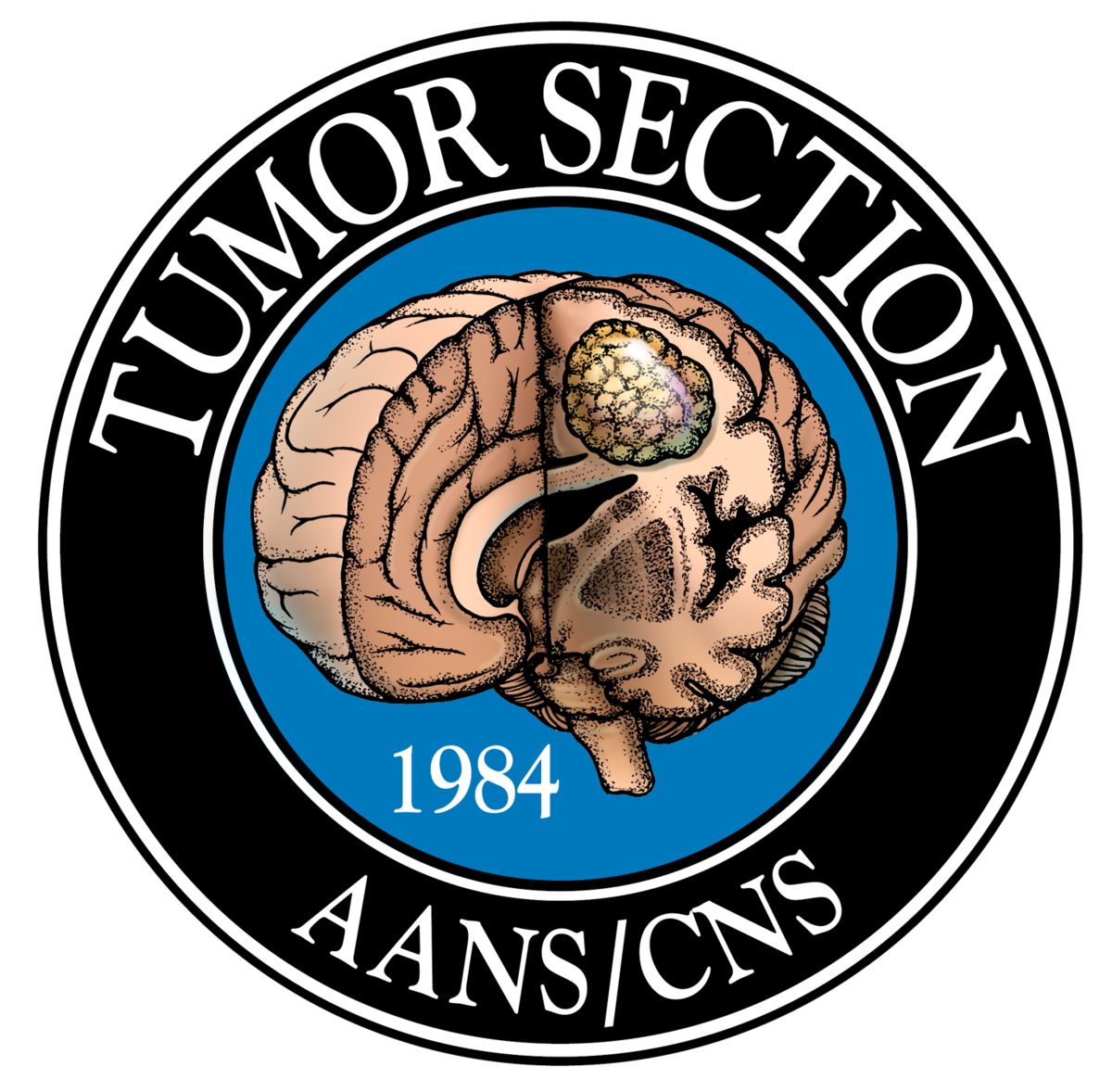One of the career challenges often cited by young academically-oriented neurosurgeons relates to the funding of new clinical trial concepts. This brief overview is intended to highlight some of the readily-available funding options for these types of investigator-initiated clinical trials, which should be distinguished from sponsor (industry) led trials that typically come with their own funding. The development of new drugs or devices often requires millions of dollars of initial investment before their introduction into the clinical setting and hence the need for industry to maintain tight control over the initial clinical development of their products. This reality does not mean that neurosurgeons cannot engage in the development of novel therapies, tools or approaches on their own – instead, investigators need to learn to recognize what types of studies will and will not be feasible without industry funding.
Some prospective clinical trials can be performed with little or no external funding. For example, a single-site study that evaluates one established treatment strategy versus another, or that in some meaningful way modifies current treatment parameters may be feasible with use of institutional resources (clinical trials database, research coordinator and nursing support). While these resources may have cost-recovery fees associated with them, often there are departmental or institutional funding mechanisms that are available and that require only a limited application that is not highly competitive. Examples of these types of studies include the timing-, dose- or treatment combination-related questions in the setting of radiosurgery or LITT. Other trials can be performed in the setting of a multi-PI translational research effort where the neurosurgeon’s role is to obtain radiographically identified, site-specific tissue samples for further biological analysis. These types of studies require the development of an effective mechanism for the timely transfer of biological samples from the OR to the laboratory for specialized processing.
Multi-center trials typically require external funding in order to support the additional needs for oversight, quality control, data management and coordination of regulatory reviews. While there are opportunities to apply for NIH funding for project-specific small research consortia, neurosurgeons should be aware of the larger, NIH-funded multi-center programs that can support investigator-initiated clinical trial development. The most active of these programs within the neurosurgical oncology space are Alliance, NRG Oncology and ABTC. Alliance and NRG Oncology are members of the National Clinical Trials Network (NCTN), run trials in all areas of cancer and are charged with the development and conduct of later-stage trials (typically randomized phase II and III trials), whereas ABTC is a dedicated neuro-oncology clinical trials consortium that is charged with the development of early stage (Phase 0/I and limited Phase II) clinical trials. Alliance and NRG Oncology trials are open to hundreds of community-based and academic hospitals throughout the U.S. (and sometimes Canada), whereas ABTC-led trials are typically opened only at a limited number of academic medical centers who are members of the consortium. That said, a trial concept can be brought by any investigator to any of these groups and an investigator-initiated trial that is opened by ABTC can also be opened at the PI’s home institution, even if it is not a member of that group. Be aware that clinical trials developed in cooperation with any of these groups involve a multi-disciplinary, multi-layered review process that involves a final review by the Brain Malignancies Steering Committee (BMSC) of the Clinical Trial Evaluation Program (CTEP) of NCI. It is not unusual for the time interval between the first presentation of the concept and activation of the clinical trial to involve several years of work.
Finally, NIH support is available via the R01 mechanism for certain types of prospective investigator-initiated trials that include a translational research component. These proposals typically involve two specific aims – one describing the clinical trial and the other describing the correlative studies that are planned to explore the underlying biological hypothesis of the trial. As is the case with any planned NIH-funded investigation, it is advised to connect with the appropriate program officer to discuss the intent of the proposal (and to identify the correct program announcement to cite) and, in the case of these types of investigations, the current NCI contact is William Timmer (timmerw@mail.nih.gov).
